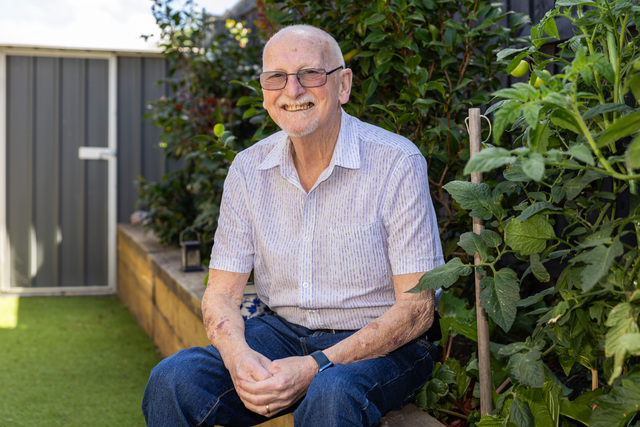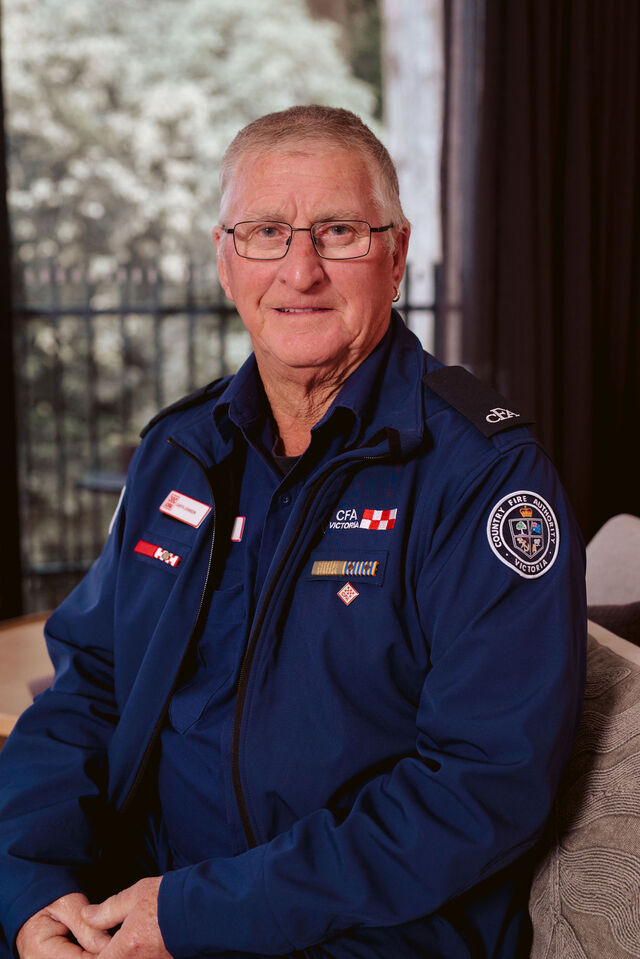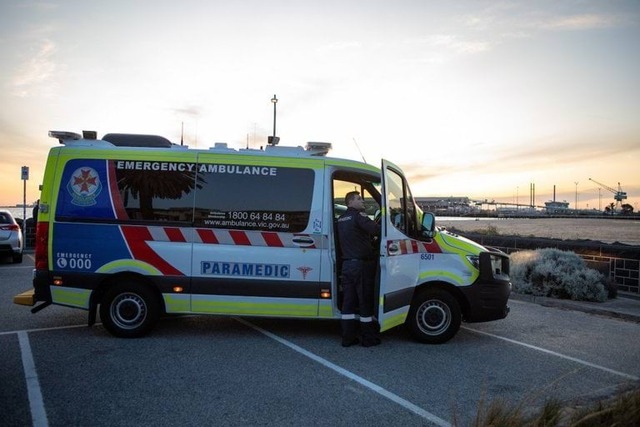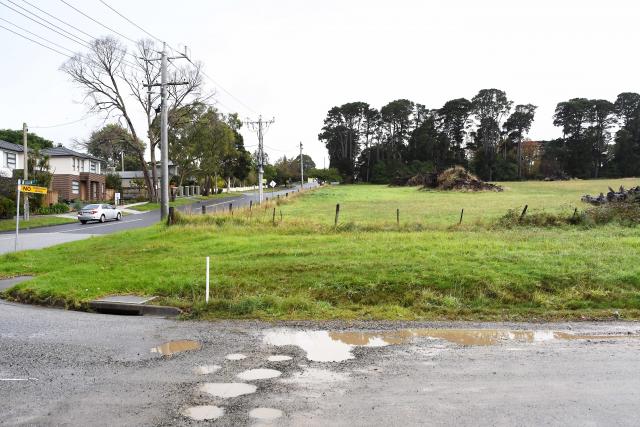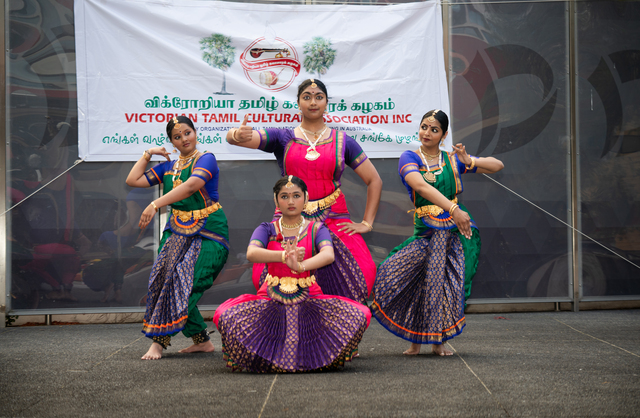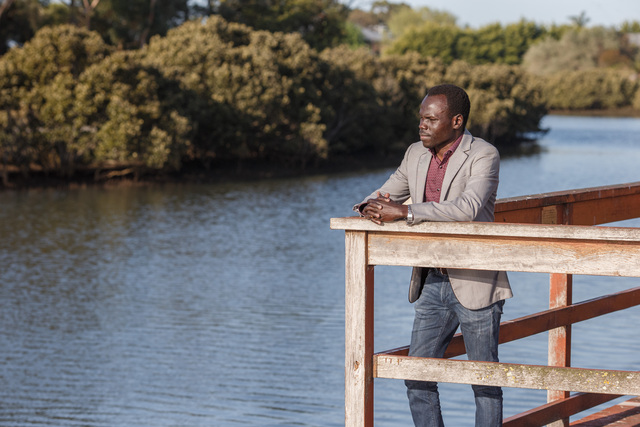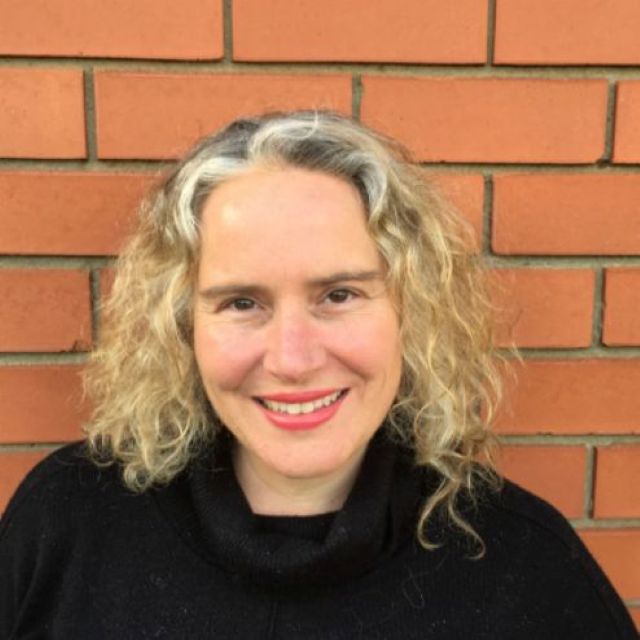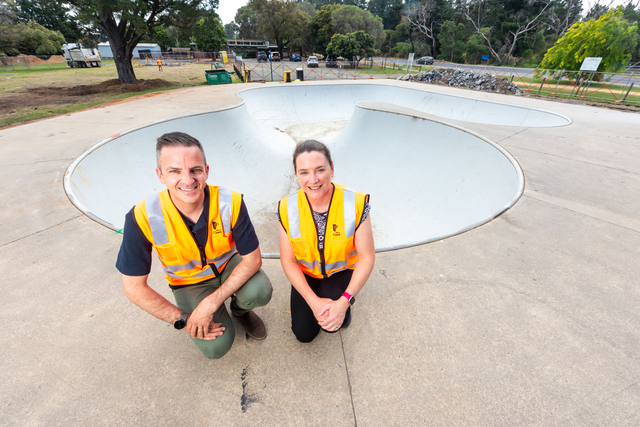Migrant and refugee parents are often unable to read or understand important notices sent home from the school.
Language barriers facing children and parents in education have widespread effects, according to Cranbourne Carlisle Primary School’s multicultural education aides.
“The whole day, my school phone rings,” said Mrs Zafari.
“To read a message, [some parents] struggle with that as well.
“How can they contribute to their child’s education?”
The school trialled sending written notices home in the parents’ primary language.
“Many of the parents can’t read or write in their own language, so we had to change the whole thing around,” said Mrs Murtezai.
“Instead of sending notices, I record them and I send it to them because it’s easier for them to understand verbally,” said Mrs Zafari.
“Eighty per cent of Afghan women who are in Afghanistan, they are uneducated.”
Cranbourne Carlisle’s African liaison officer Frazer Bekele sees similar issues in his experiences with African students.
African students comprise 6 per cent of the student body.
“In some cases there is no written language, no way to translate the sounds [into written word],” he said.
Verbal communication is paramount to getting attendance up when it comes to student activities like camps.
“We had zero African kids coming [to the last camp], and then I started making phone calls,” said Mr Bekele.
“A big barrier was the finances, because [the parents] didn’t understand how they could access funding.”
Mr Bekele’s perseverance with the parents and his dedication to educating them about different services available led to the attendance numbers for African students at the camp rising.
While the cohort is not very large, he says they did see “more representation”.
Cultural and religious beliefs and practices can seem incompatible with the camp programs.
“Because of cultural and religious reasons, [parents] don’t send their kid to camp,” said Mrs Murtezai.
“They don’t know how the camps look, so the parents think they are going to – and live in – tents and that boys and girls will be put together,” Mrs Zafari said.
Phone calls made by Mrs Zafari led to attendance in the Afghan community jumping from 25 to 80.
“They need that satisfaction,” said Mrs Zafari.
“They don’t know what [camp] is, they need to know their children will be safe.”
Mrs Murtezai also ensures children are given appropriate time for prayers during the camp and food is halal.
“We want the parents to feel good,” said Mrs Zafari.
“Having us as a front person who they can trust lets them know their child is safe,” added Mrs Murtezai.


